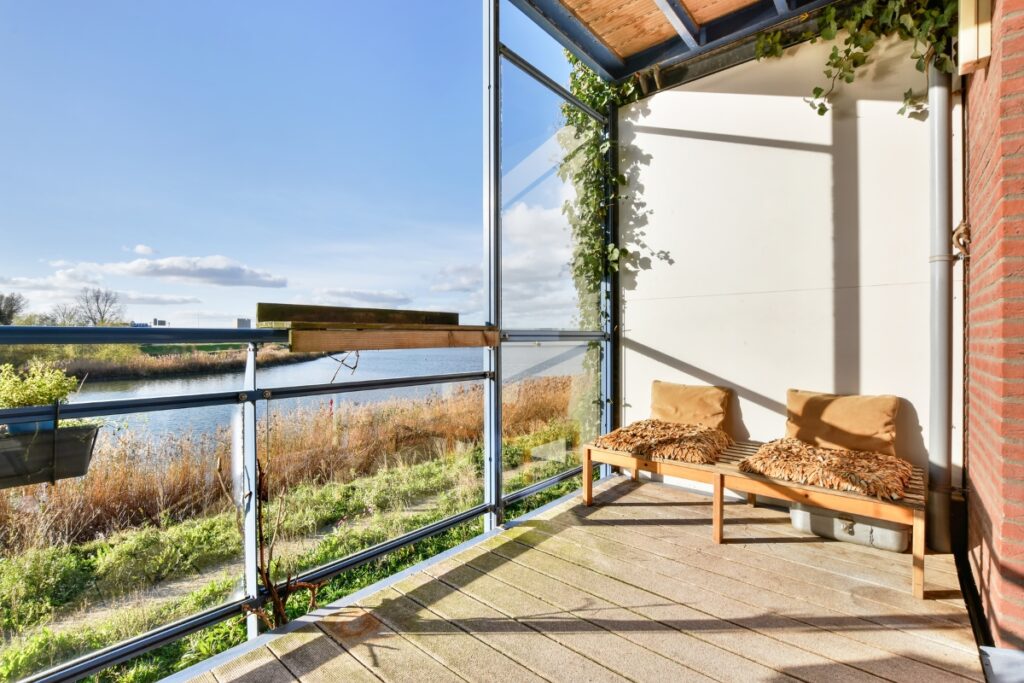This Q&A article is about the certified property valuer and compensation for lot owner’s use of common property and the impact on their unit entitlements.
Question: A strata owner wants to expand their balcony onto common property. How does the committee determine fair payment as compensation, and how does this change impact unit entitlements.
A strata owner would like to extend their balcony area onto the common property. This requires compensation to the owners corporation. What is the accepted method for finding a fair value for using the common property? Does this also affect the lot’s strata fees, and if so, how is that calculated?
Answer: The owners corporation needs to engage a certified property valuer who can assess the market value of the common property the lot owner wants to purchase.
Generally, the owners corporation needs to engage a certified property valuer who can assess the market value of the common property the lot owner wants to purchase.
The valuer’s method to determine the market value will depend on the nature of the common property they seek to extend onto and purchase from the owners corporation. If it is vacant land, the method will likely be on a land value basis, drawing from comparable land value sales in the area, where a suitable rate per square metre can be applied to the common property.
If the common property is a balcony on an upper level that connects to the owners balcony, this is a more complex scenario as there are generally not comparable sales of small roof areas or airspace.
In this instance, the most appropriate methodology may be the Hypothetical Development Method. This essentially looks at how much value the extension will add to the unit, less all costs and a profit/risk margin. The net result, if positive, is the value of the common property. If negative (often the case), the valuer concludes that the common property has no inherent market value and may recommend the strata unit owner to negotiate with the committee regarding a nominal fee payable to the owners corporation.
Regarding the strata fees, there may be cause for an increase to the strata fees if the extra area becomes part of the title of the lot, if the unit entitlements noted on title are reallocated, and if the newly extended unit has an increased value in relation to the other lots.
Under Section 236 of the Strata Schemes Management Act 2015, the owners corporation or a lot owner can seek to reallocate the unit entitlements, which must be based on market value. If the balcony extension in this example increases the market value, a valuation of each of the units in the scheme can be submitted to NCAT for a reallocation of the entitlements.
This may change the strata fees for all the units in the scheme based on the new entitlements.
Moish Ekman Ensure Group Property Valuers E: moish.ekman@ensuregroup.com.au P: 0411 700 765
This post appears in the September 2024 edition of The NSW Strata Magazine.
Have a question or something to add to the article? Leave a comment below.
Read next:- NSW: How to Enforce Against Unauthorised Works
- NSW: Q&A Renovations, Design or Building Works to Strata Buildings
The information contained in this article is general information only and not legal advice. The currency, accuracy and completeness of this article (and its contents) should be checked by obtaining independent legal advice before you take any action or otherwise rely upon its contents in any way.
Visit Maintenance and Common Property OR NSW Strata Legislation.
Looking for strata information concerning your state? For state-specific strata information, take a look here.
After a free PDF of this article? Log into your existing LookUpStrata Account to download the printable file. Not a member? Simple – join for free on our Registration page.
